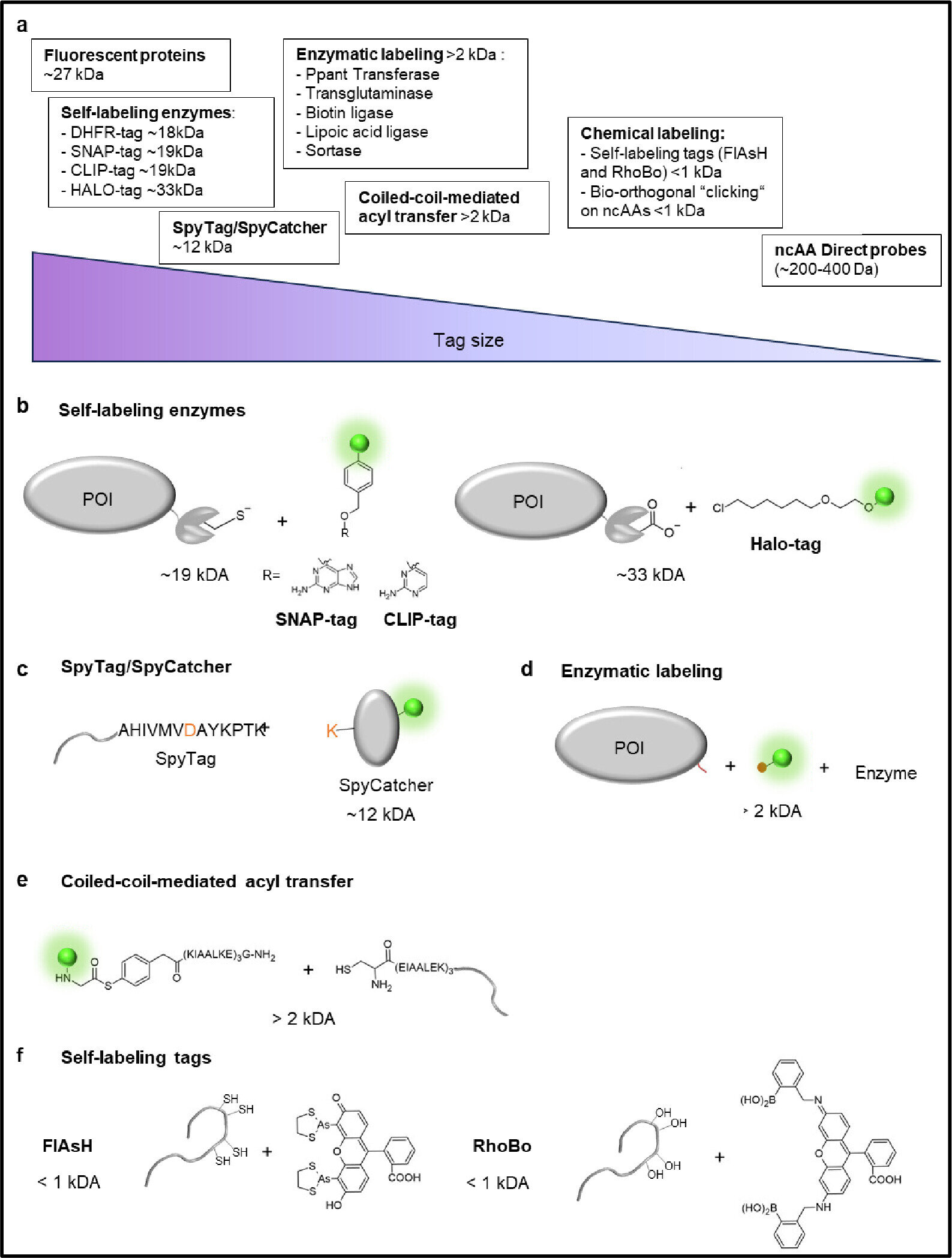Over the years, chemical biology methods have made an important contribution to the study of integral membrane proteins. A key modern approach is genetic code expansion (GCE), which makes it possible to modify proteins directly in living cells to give them tailor-made properties.
Professor Irene Coin from Leipzig University is a pioneer in this field. Together with her US colleague Professor Thomas Sakmar (Rockefeller University, New York), she has now published a comprehensive overview of the development of GCE technology and its application in the journal Chemical Reviews. The non-profit organization Addgene has also honored her lab with its Blue Flame Award.
“All proteins in our body are made up of twenty building blocks called canonical amino acids. Our genetic code determines which amino acids are incorporated. By expanding the genetic code, new building blocks can be artificially inserted into proteins,” says Professor Irene Coin.
“This allows us to produce proteins that do not occur in nature. This technique is primarily used to develop novel protein therapeutics and to better understand the structure and function of natural proteins.”
Coin and her colleague Thomas Sakmar have published a comprehensive overview of the historical development of GCE technology and its application to membrane proteins based on around 450 citations. “Crucially, GCE makes it possible to obtain information about these proteins directly from living cells—information that is inaccessible using conventional biophysical methods.”
The overview is structured according to the potential applications of the technology. “This makes it easier for non-specialist researchers to understand and use the technique and supports its practical implementation,” says the professor. “We are also working in the laboratory to develop ever more efficient systems for the general application of GCE.”
The Leipzig biochemist’s laboratory recently received the Blue Flame Award from the non-profit organization Addgene. Since 2016, Addgene has awarded this prize to researchers who have deposited at least one plasmid that has been requested more than 100 times. The plasmid in question was developed as part of Dr. Robert Serfling’s doctoral thesis.
Plasmids are small, ring-shaped pieces of DNA that allow desired genes to be imported into cells. Addgene is a plasmid repository that facilitates the exchange of genetic material between laboratories worldwide.
With her work on genetic code expansion, Irene Coin is making an important contribution to leading research networks at Leipzig University, in particular Collaborative Research Centre (CRC) 1423, “Structural Dynamics of GPCR Activation and Signaling”.
More information:
Chiara De Faveri et al, Noncanonical Amino Acid Tools and Their Application to Membrane Protein Studies, Chemical Reviews (2024). DOI: 10.1021/acs.chemrev.4c00181
Provided by
Leipzig University
Citation:
Using genetic code expansion to study membrane proteins (2024, November 14)
retrieved 14 November 2024
from https://phys.org/news/2024-11-genetic-code-expansion-membrane-proteins.html
This document is subject to copyright. Apart from any fair dealing for the purpose of private study or research, no
part may be reproduced without the written permission. The content is provided for information purposes only.


